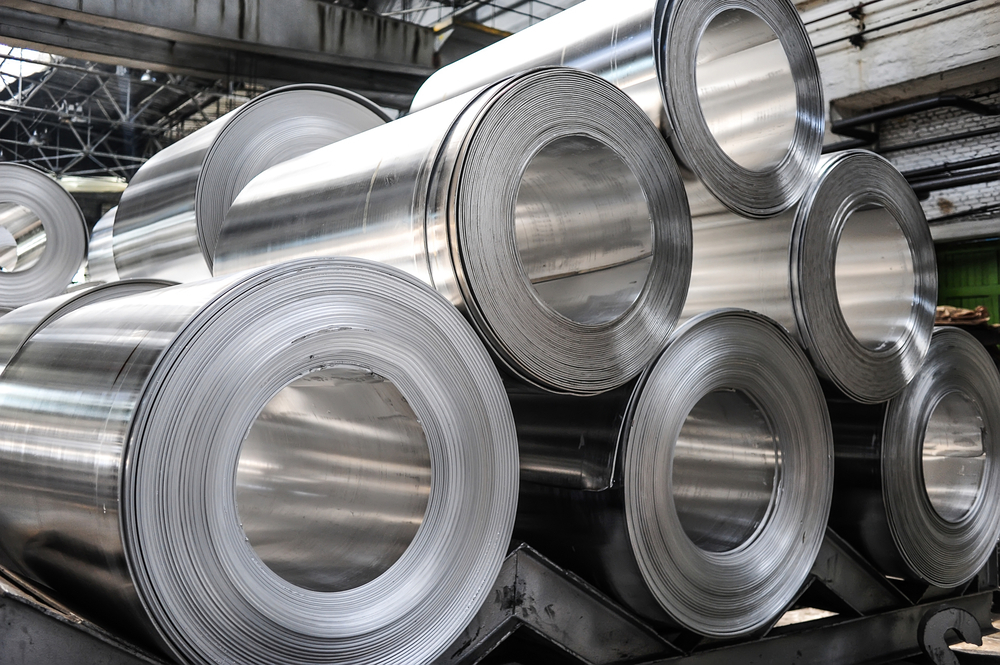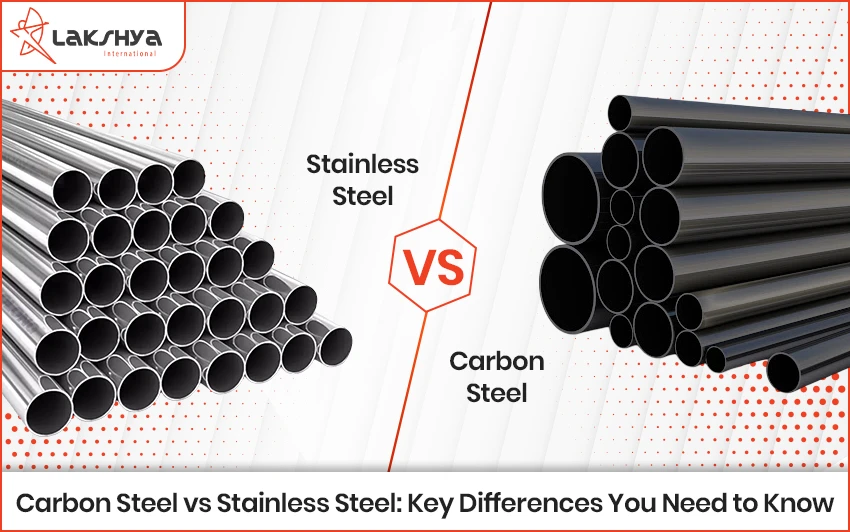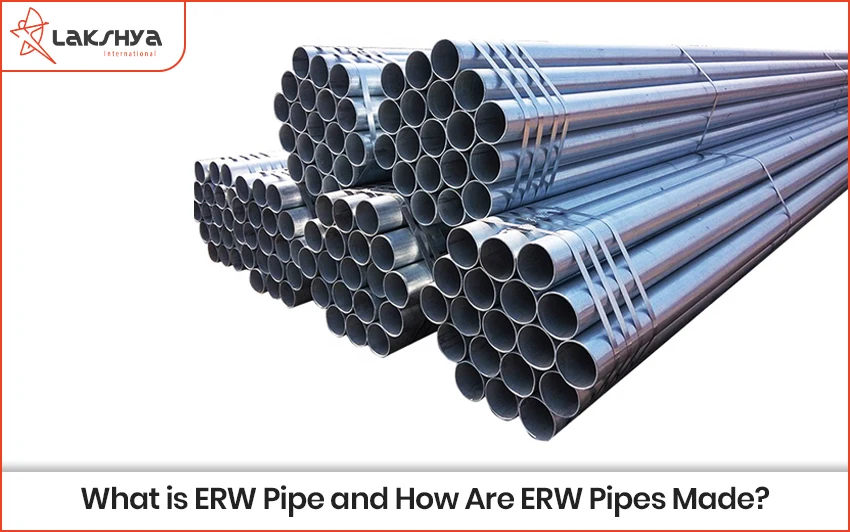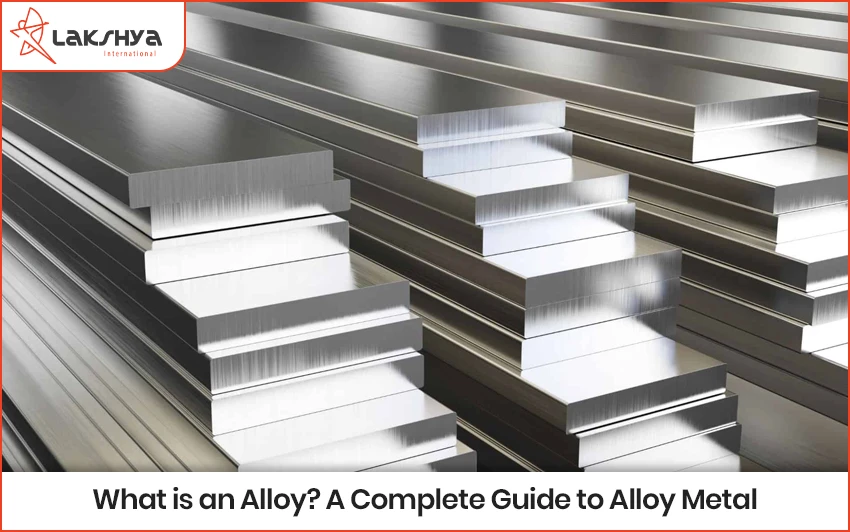Alloys made of aluminium are very robust, reliable, and adaptable. They are one of the most popular metal materials, along with steel, and are highly sought-after in engineering, construction, and automotive applications. Learn more about the benefits, uses, and special attributes of aluminium alloys by reading on. Although aluminium has some incredible qualities when it is pure, it could not be strong enough for applications requiring high durability. Because of this, it may be mixed with other elements to create alloys, which are far more robust and appropriate for use in industrial applications. When engineers want to lower the weight of a product (like an aeroplane) without sacrificing its strength, aluminium alloys are especially appealing.
Perks and Applications
It is not at all unexpected that aluminium continues to be one of the most widely utilised non-ferrous metals in construction, engineering, and manufacturing. Aluminum alloys are among the few materials that are as strong, usable, and adaptable as they are. The majority of individuals may not be aware of aluminum’s qualities, despite the fact that engineers and manufacturers highly value them. What is the potential of this metal? Most people probably don’t associate this element with advanced automobile engineering or rocket scientists when they think of it. Kitchenware or possibly other typical household items are the first thing that most people think of when they think of household products.
But this extraordinary substance is highly adaptable; it’s not simply excellent for producing expensive pots and pans! A truly exceptional metal, aluminium is renowned for its durability, adaptability, and versatility. Aluminum is used in numerous industries and stands out as a superb solution for various applications, ranging from insulation to cookware, construction, prototyping, and more because of its highly sought-after qualities. Particularly common are aluminium alloys.
What is an Aluminium Alloy?
An “alloy” is a combination of various metallic components, frequently produced to increase the material’s tensile strength and longevity. Depending on the intended use, an aluminium alloy will frequently combine this latter metal as the primary component with other elements like silicon, tin, manganese, or even copper, tin, and magnesium. Aluminum may become far more strong and, in some situations, even outperform steel with the appropriate mix of components. Alloys have the same advantages as pure aluminium while also being more affordable due to their lower melting point.
Applications of Aluminum Alloy That Are Most Common
Aerospace and Automotive
Aluminum alloys are frequently used in engineering for the creation of lightweight parts and corrosion-resistant metal components. Aerospace and the automotive industries are two that heavily rely on aluminium alloys. Aluminum alloy is a substance that is growing more and more significant in this situation. This is due to the fact that it can decrease a vehicle’s weight, maximizing its efficiency and long-term fuel sustainability. Additionally, the longevity of the aluminium alloy makes it a safe alternative as well, as it performs well in crash testing and surpasses the specifications of the majority of international safety legislation. Aluminum allows manufacturers to create sturdy metal parts without adding extra weight that would hinder the performance of their vehicles. It is about one-third lighter than steel.
Building & Constructions
In addition, high-strength aluminium alloy is a highly common tool for building construction. Although aluminium alloys come in a very close second to steel as one of the most essential building elements, steel is still one of the most important. It is crucial to consider strength and safety when constructing modern buildings and skyscrapers. This is a great option because of the aluminum’s inherent insulating feature, strong corrosion resistance, and low flammability. Internationally, aluminium has recently received high marks for use in buildings where the danger of a fire outbreak exists. When compared to a similar quantity of steel, it takes nearly twice as much heat to raise the temperature of aluminium by only one degree. Aluminum also doesn’t burn in the air or produce smoke or other harmful gases.
Electrical and Electronic Engineering
Due to its lack of magnetic interference, aluminium is frequently used in electrical and electronic engineering applications. Since aluminium is genuinely non-ferromagnetic, unlike other metals, it is extremely valuable and crucial for applications such as electrical shielding and electronic production.
And Moreover
In addition to being very strong, aluminium alloy is also less combustible than other alloys and more resistant to corrosion, especially when magnesium is present. For each application, it is crucial to select the best aluminium alloy possible, taking into consideration elements like malleability, density, ductility, and tensile strength, among others.
It’s not surprising to find that prominent organizations like NASA and other Armies around the world rely on aluminium alloys for a variety of crucial uses. Here is another example of aluminum’s incredible strength, in case the previous one wasn’t convincing enough: cages for sharks
Sharks are among the deadliest and oldest predators on Earth, and their bite is so powerful that it can fracture whale bones and rip through a human leg like a hot blade through molten butter. They cannot, however, pass through cages made of aluminium alloy! Due to its acidic composition and salinity, seawater has a high rate of metal corrosion. However, as was already mentioned, aluminium has high corrosion resistance. Additionally, it has excellent buoyancy, which causes it to appear lighter when submerged.
Final Observations
So there you have it—a brief overview of the various aluminium alloys. Manufacturers and producers have a lot of flexibility thanks to these very multifaceted materials, which are also gaining popularity.
These are only a few of the amazing qualities of aluminium, to sum up. Numerous people value aluminium and its many related alloys, which are frequently synonymous with flexibility, strength, and dependability, from large organizations to tiny independent manufacturers.
Read More :
Most Common Applications of Aluminium: The most common application of Aluminum is as a construction material. It can be molded into thin sheets & shaped into various forms such as tubes, cans, and foil.
The Value of Aluminium Tube and Pipe: Aluminum pipes and tubes are generally utilized for various industrial or building purposes, however, they have been modified for common residential use by homeowners and vehicle manufacturers.




